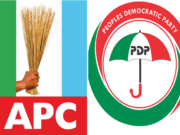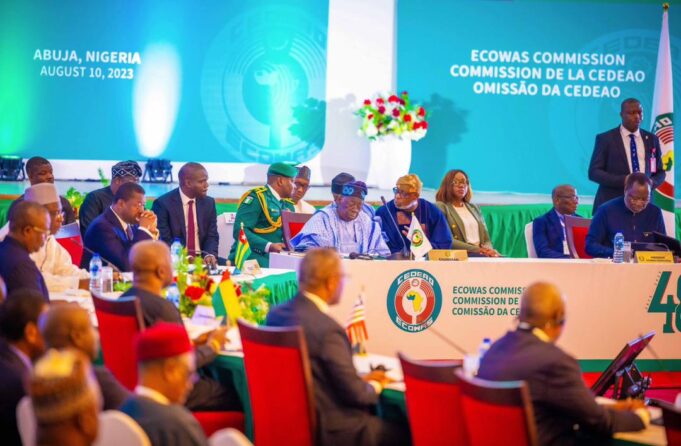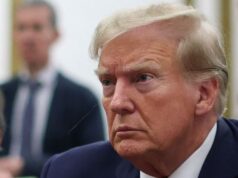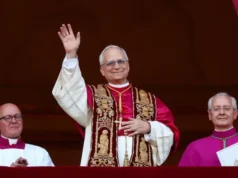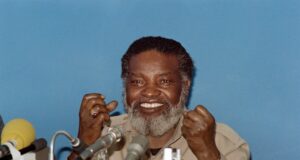The Council of Ministers of the Economic Community of West African States (ECOWAS) is holding an Extraordinary Session in Accra, Ghana, from April 22 to 23, 2025, to address the formal exit of Burkina Faso, Mali, and Niger from the regional bloc.
According to ECOWAS Commission’s Director of Communications, Mr. Joel Ahofodji, the session will focus on finalizing withdrawal procedures and evaluating the implications for ECOWAS agencies operating in the three departing countries.
He noted that other pressing regional issues will also be discussed during the meeting.
An ECOWAS insider revealed that the ministers are expected to adopt a contingency plan that will guide the transition and facilitate negotiations on future relations between ECOWAS and the Alliance of Sahel States (AES), the newly formed bloc by the three countries.
Both ECOWAS and AES have reportedly set up negotiation teams to begin talks on the full disengagement process, including potential areas for continued cooperation, particularly in trade and the free movement of people.
The move follows the lapse of a one-year withdrawal notice issued by Burkina Faso, Mali, and Niger in January 2024, which officially took effect in January 2025.
Despite a six-month grace period extended by ECOWAS for possible reconsideration, the three countries have remained firm on their decision to exit.
In line with Article 53 of the ECOWAS Staff Regulations, which prohibits nationals of non-member states from holding employment within its institutions, around 130 citizens from the three countries have been issued disengagement letters.
Their employment will officially end in September 2025.
A source at the Commission confirmed:
“About 130 thereabout have been disengaged and they have till 30th September to exit the institution.”
One of the affected staff members, who requested anonymity, also confirmed receiving the disengagement letter.
“They have been issued their letter with a September terminal date for all of them,” the source added.
The President of the ECOWAS Commission, Dr. Omar Alieu Touray, officially announced the exit of the three countries:
“The withdrawal of Burkina Faso, the Republic of Mali and the Republic of Niger from ECOWAS has become effective today, 29th January 2025.”
He added that ECOWAS would now proceed with formal negotiations for their departure. In the interim, passports and national identity cards bearing the ECOWAS logo will remain valid for travel within the region for citizens of the three countries.
He further stated “These arrangements will be in place until the full determination of the modalities of our future arrangements to the three countries by the ECOWAS authority of head of state and government.”
Touray expressed regret over the impact of the withdrawal on the bloc’s unity:
“The pull out of the three countries represents a blight on ECOWAS integration process.”
He noted that the departure overshadowed ECOWAS’ 50th anniversary celebration, but emphasized the Commission’s readiness to begin talks once the AES countries demonstrate commitment.
“Engagement with the three countries will commence as soon as they show commitment,” he said, adding that the countries had already signaled readiness to discuss institutional, legal, and trade matters.
On security, Touray stressed the importance of collective cooperation:
“It is in our collective interest to work together in all areas, including in the area of security. ECOWAS sees the security of each and every one of us to be closely tied. For that reason, security collaboration will continue at all levels, not only in the ECOWAS States but across the region.”
He also underscored the value of regional integration:
“ECOWAS has shown the whole world, and the community in particular, the value of being a member of ECOWAS. This is the region, the only region on the continent, where with a single ID card you can move from one end to another end. I’m not saying there are no problems, but legally you can move from one end to another end.
“You can pick up your passport, hop on a plane and go anywhere else without having to go through all these visa problems.”
“This is also the region where member states can trade freely among themselves for produce that are qualified under ECOWAS’s trade liberalisation scheme. So this is what we must build on for the benefit of our community, and I believe nobody should have a problem with this.”
Meanwhile, the AES has introduced measures diverging from ECOWAS policies.
These include a newly imposed 0.05 tariff on all goods entering their region, and the replacement of the ECOWAS passport with a new AES passport for their citizens.






